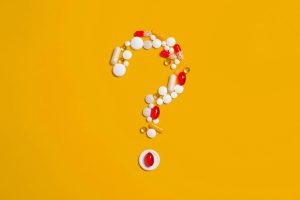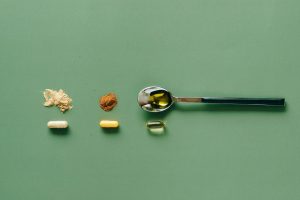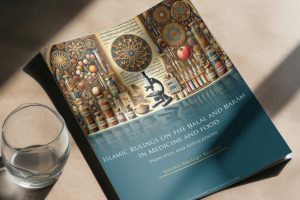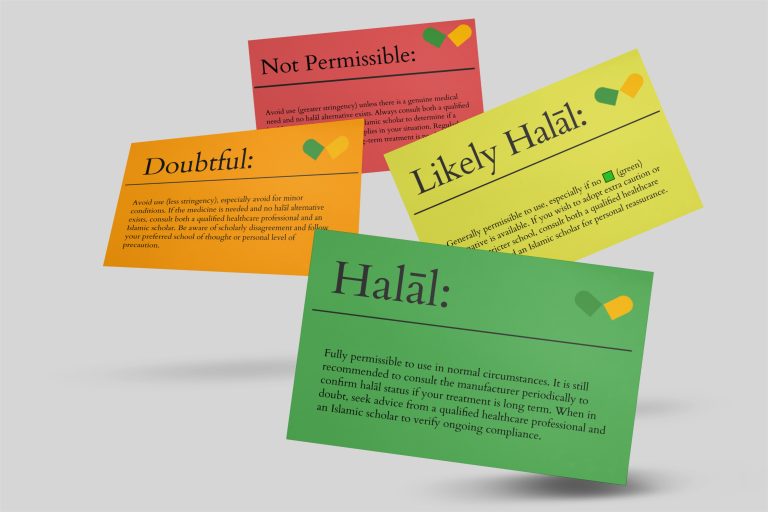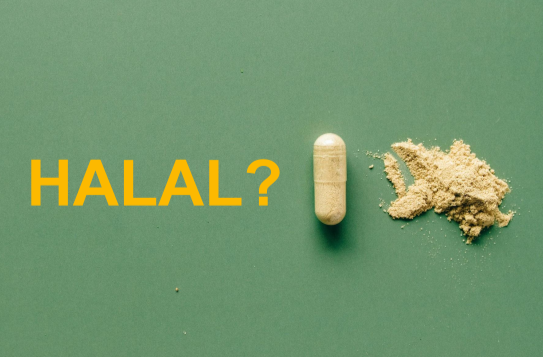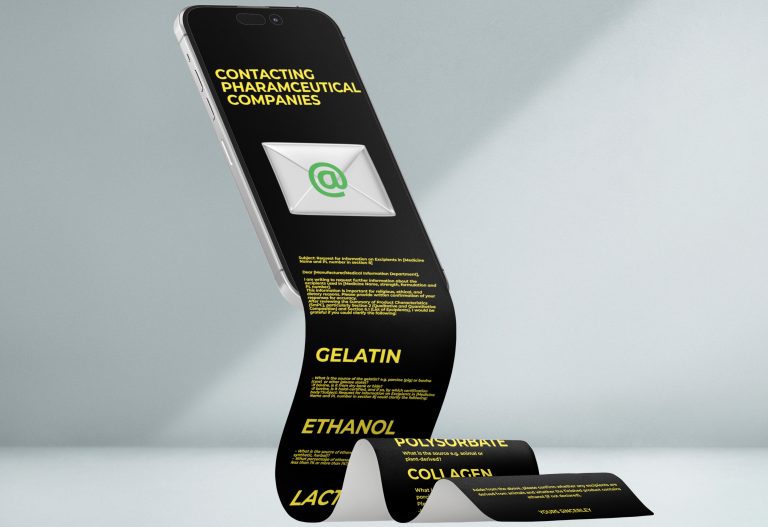Lactose in medicines
This information resource can help you understand how lactose is used in medicines, the concerns around its use in medicines for the Muslim community, and whether its use in medicines is halāl (permissible) or harām (prohibited) in Islam.
This resource is for the Muslim community (including patients, carers, parents and members of the public). All healthcare professionals (HCPs), their teams and anyone involved in delivering care and support (across all care settings) to Muslim individuals, may also find it useful. It can be used to support person-centred and informed decision-making around taking medicines that align with an individual’s Islamic values and beliefs.
Lactose
Lactose is a natural sugar found in milk and dairy products.
It is extracted from the milk of cows, goats, sheep, and other halāl animals.
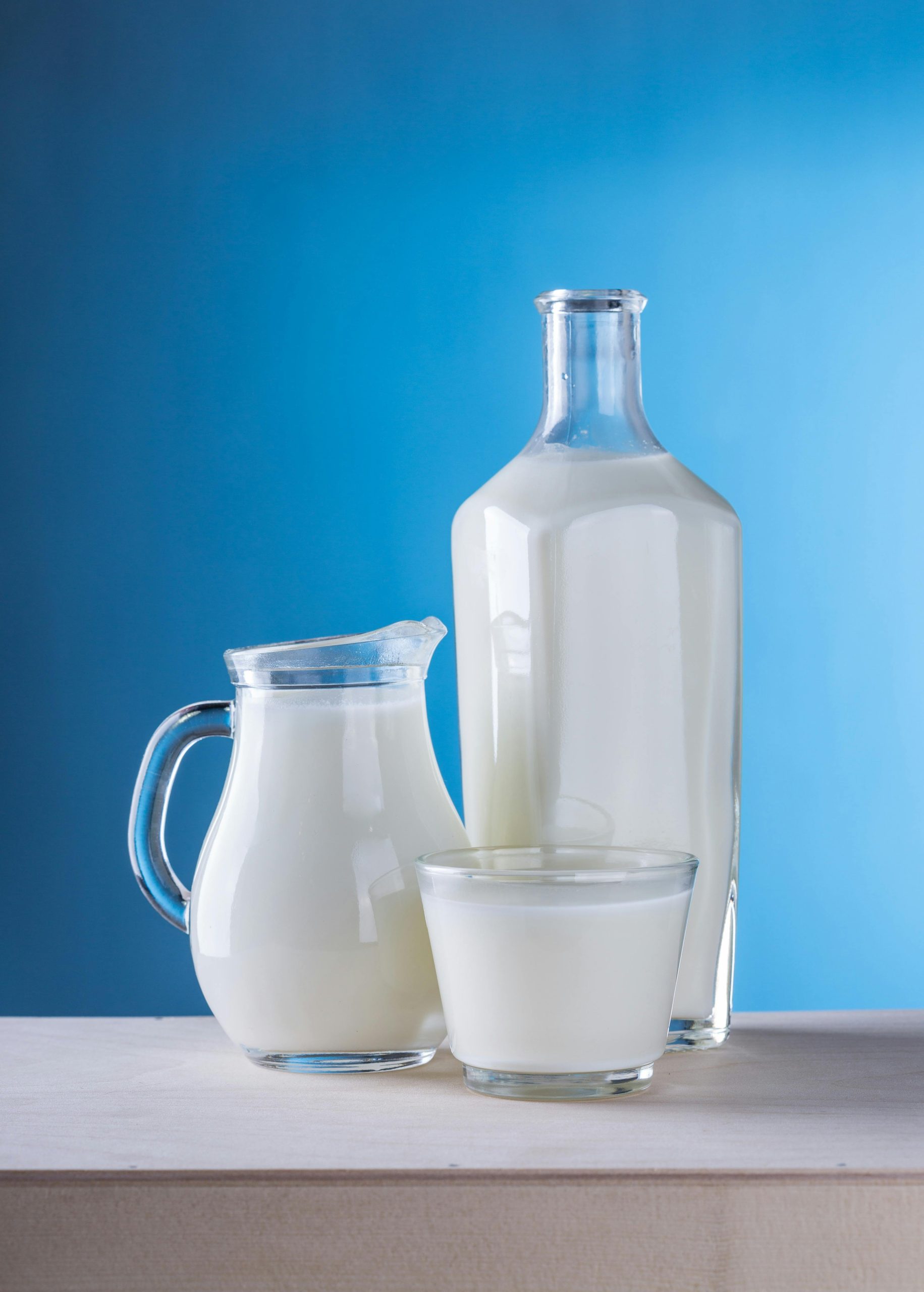
How lactose is used in medicines
Lactose is an excipient used to make medicines such as tablets and powders. It is used as a filler to add bulk, as a binder to compress tablets and as a diluent in powders to improve flowability.1
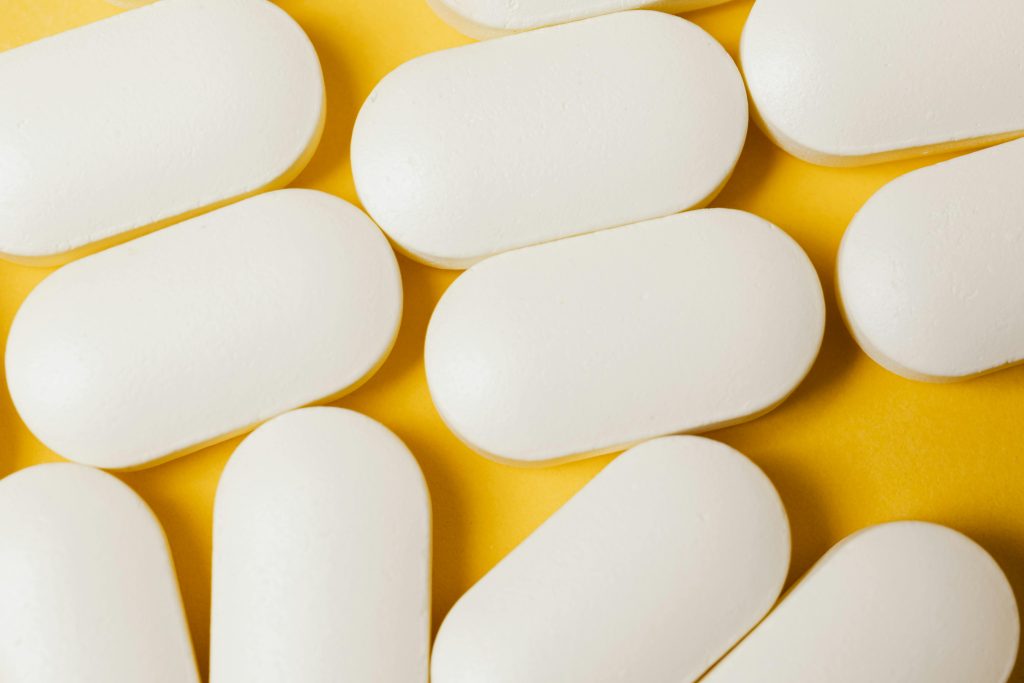
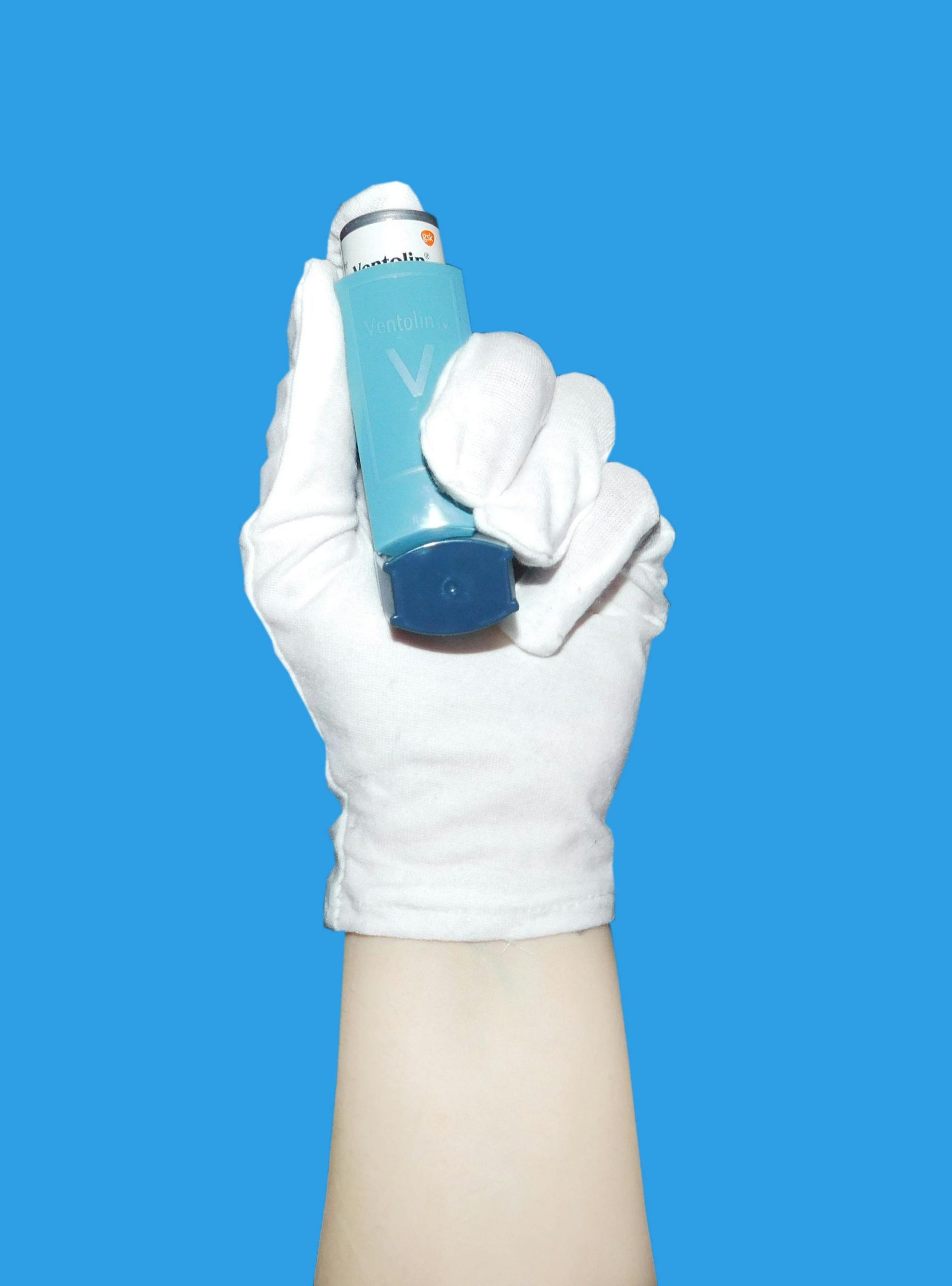
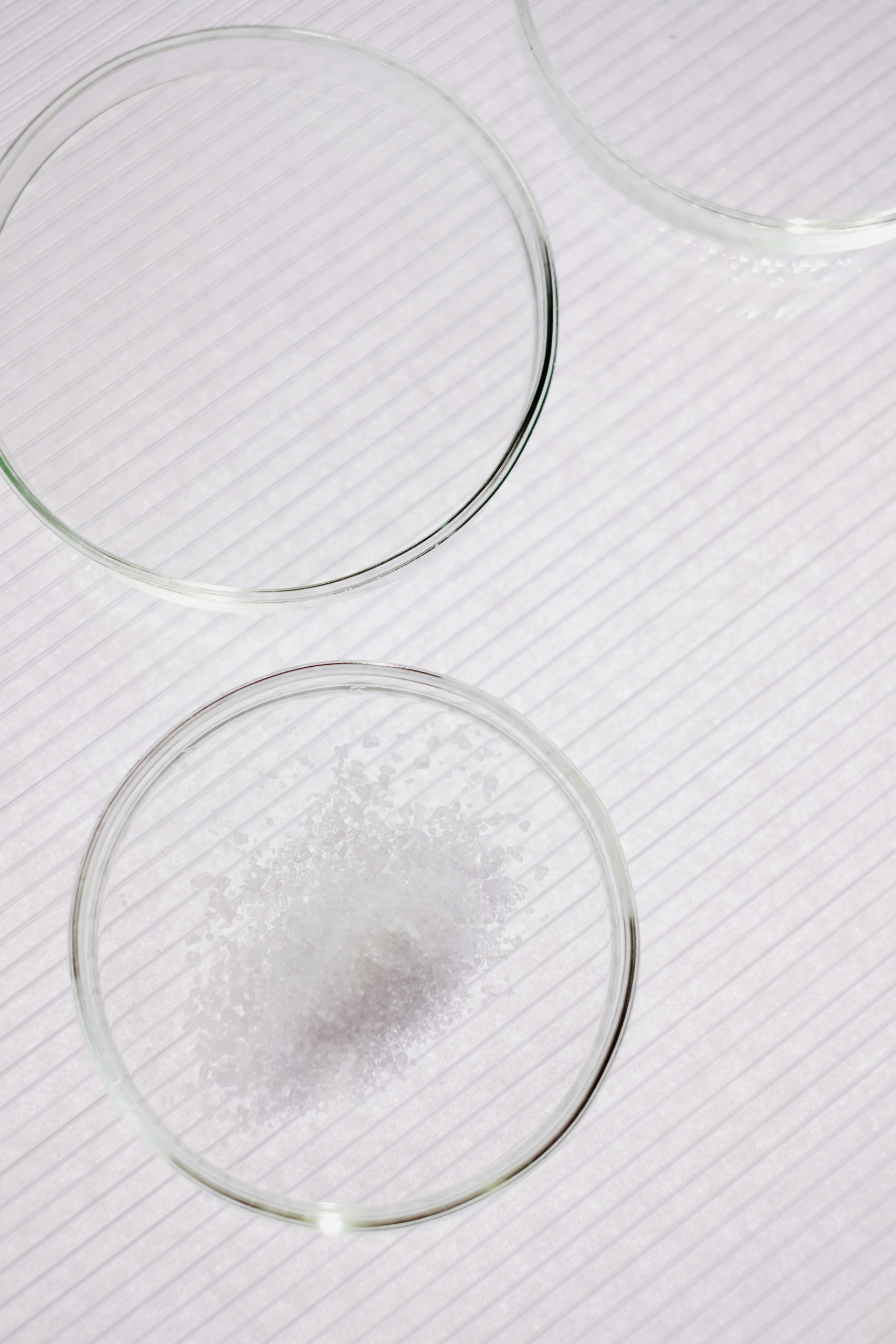
Why this is important
For the Muslim community
For the Muslim community, it is important to check if your medicine contains lactose and if rennet was used in the extraction process. If rennet was used, it is important to clarify its source to help you determine if it is Islamically permissible to take/use. To find out if a medicine contains lactose, see the section on ‘Checking medicine information’.
Milk is considered pure (ṭāhir); therefore, lactose is inherently halāl. This includes lactose from animals that are not Islamically slaughtered e.g. goats, lambs, calves (bovine) because milk remains pure regardless of the method of slaughtering.) For further information on the permissibility of lactose, see the section ‘Is lactose halāl or harām?‘ However, the issue is if rennet was used to extract the lactose in the manufacturing of medicines and its source.
Rennet is an added enzyme used to extract lactose from cows’ milk. If rennet is used to extract lactose, then it may be derived from animal sources, such as from the stomach of calves that were not Islamically slaughtered, or from other harām sources such as pigs. Rennet is not usually listed as an ingredient or excipient in the product information as it is an added enzyme used to extract lactose. For further information on rennet, see our resource on ‘Rennet in medicines’. You would need to consider if rennet was used if you see lactose listed in the product information. Some manufacturers now use vegetarian processes to extract lactose from milk. However, it is best to check. Cross-contamination may also occur during the manufacturing process if lactose is processed in facilities that handle harām sources (e.g. pork/alcohol). Therefore, it is important to check for halāl-certification to ensure halāl-compliant manufacturing. Examples of cross-contamination may include:
- If lactose is processed with harām ingredients e.g., if rennet is used to extract lactose and is derived from pigs, then the lactose becomes harām
- If rennet is used to extract lactose and is derived from other animal sources, e.g. from the stomach of non-Islamically slaughtered calves, then there is a difference of opinion on whether the lactose is harām in this case. For further information on Rennet see our resource on ‘Rennet in medicines‘.
- If alcohol is used in the purification and extraction process, then the majority of Islamic scholars consider the final product halāl if the alcohol evaporates completely. Synthetic or non-intoxicating alcohols are generally permitted to be used in processing. For further information on alcohol use in medicines, see our resources on ‘Ethanol in medicines‘ and ‘Other synthetic alcohols used in medicines‘.
For HCPs
For HCPs and anyone involved in delivering care and support, it is important to:
- Understand which ingredients and/or excipients in medicines may be a concern for practising Muslims and why. For further information, see our resources under ‘Ingredients and excipients in medicines‘
- Have open discussions with individuals about their personal values or beliefs that may relate to their care and support where possible – e.g. some individuals may wish to avoid certain ingredients/excipients in medicines due to religious beliefs, others may not be as practising or have the same beliefs, so it is important to ask
- Discuss ideas, concerns and expectations – e.g. during consultations, you may be asked to help individuals to understand whether certain ingredients/excipients are present in their medicine(s), its source, and whether it is likely to be considered permissible in Islam/suitable for a halāl diet
- To find out how to check if a medicine contains harām ingredients and/or excipients, see the section on ‘Checking medicine information’
- For further information on the conditions of when it is acceptable for a practising Muslim individual to take/use a medicine that contains harām ingredients and/or excipients, is derived from harām sources, or where there is cross-contamination with harām sources, see our resource on ‘What to do if a medicine contains harām ingredients and/or excipients’.
- Respect and support individuals in making informed decisions about their treatment
- Understand that you may be asked to explore alternative formulations that meet the individual’s religious requirements (where available), alternative companies that make the medicine without a particular excipient/ingredient (where possible), or alternative treatment options for the condition (where clinically appropriate)
- HCPs may find the Specialist Pharmacy Service (SPS) resource on ‘Searching for presence or absence of an excipient in medicines‘ useful to help find alternative halāl medicines that don’t contain certain ingredients or excipients. For further information, see the SPS website
- There may be situations where you cannot prescribe/supply an alternative halāl medicine which you may need to explain to the individual. For further information, see our resource on ‘What to do if a medicine contains harām ingredients and/or excipients’, under the sections on ‘Hardship begets facility’ and ‘Limitations on prescribing an alternative halāl medicine‘.
Checking medicine information
You can check if a medicine contains lactose using the relevant product patient information leaflet (PIL) or summary of product characteristics (SPC) which is available on the electronic medicines compendium (emc) website. You may also find our resource on ‘How to find out if a medicine contains harām ingredients and/or excipients’ useful. If you are still unsure if a medicine contains lactose, speak to your local pharmacist as they are the experts in medicines.
Rennet is not usually listed as an ingredient or excipient in the product information as it is an added enzyme used to extract lactose. Therefore, you may need to contact the manufacturer to find out other information, such as if rennet was used in the extraction process of lactose, the source of rennet, and halāl-certification. Please note that information regarding cross-contamination or potential contact with harām sources (e.g. pork/alcohol) is not always readily available from manufacturers.
It is important to remember that even if you find out a medicine contains possible harām ingredients and/or excipients, is derived from harām sources, or that there is cross-contamination with harām sources, this does not always mean it is prohibited to take/use. For further information, see our resource on ‘What to do if a medicine contains harām ingredients and/or excipients’. It includes the conditions of when it is acceptable to take/use a medicine in these circumstances. It can also be used to support person-centred discussions between individuals and HCPs, and help make informed decisions around taking medicines that are both clinically appropriate and align with an individual’s Islamic values and beliefs.
Is lactose halāl or harām?
The table below summarises the ruling of lactose according to the four Sunni schools2:
| Source | Ḥanafī | Mālikī | Shāfiʿī | Ḥanbalī |
|---|---|---|---|---|
| From animals that are Islamically slaughtered e.g. goats, lambs, calves (bovine) | ✅Halāl | ✅Halāl | ✅Halāl | ✅Halāl |
| From animals that are not Islamically slaughtered e.g. goats, lambs, calves (bovine) | ✅Halāl | ✅Halāl | ✅Halāl | ✅Halāl |
In summary, according to the four schools of thought, milk is legally pure (ṭāhir); therefore, lactose is inherently halāl and permissible. This includes lactose from animals not Islamically slaughtered e.g. goats, lambs, calves (bovine) because milk remains legally pure (ṭāhir) regardless of the method of slaughtering.
If you are still unsure if a medicine is permissible to take/use, speak to your local Imam or trusted Islamic scholar (ideally who has relevant knowledge and expertise in the Fiqh of medicines).
Summary
- Lactose is a natural sugar extracted from the milk of cows, goats, sheep, and other halāl animals. It is an excipient used in medicines as a bulking agent, binder and diluent in tablets and powders
- For the Muslim community, it is important to check if your medicine contains lactose, if rennet has been used in the extraction process of lactose, and if it is Islamically permissible to take/use when rennet is derived from harām sources or if there is cross-contamination with harām sources
- You can check if a medicine contains lactose using the PIL or SPC, alternatively you can speak to your local pharmacist
- If you are seeking information about halāl status or alternatives – do not stop, delay, change, or change the way you take/use your medicine(s) without discussing this first with the healthcare professional who prescribed/supplied it to you
- Always consult your healthcare professional if you have any questions and before making any decisions about your treatment.
- For HCPs and anyone involved in delivering care and support to the Muslim community, it is important to have open discussions with individuals about their personal values or beliefs that may relate to their care and support where possible
- Lactose is halāl if it is sourced from the milk of halāl animals and if processed without harām ingredients
- You should follow the guidance of your school of thought (madhhab). If you have further queries about the permissibility of medicines, consult a qualified local Imam or trusted Islamic scholar (ideally someone who has relevant knowledge and expertise in the Fiqh of medicines)
- You can check if the following information is available from the relevant manufacturer(s) (manufacturers may have limited information):
- If rennet was used in the extraction process of lactose and the source of rennet
- Halāl-certification – to ensure halāl-compliant manufacturing.
References and further reading
- Hebbink, G.A. and Dickhoff, B.H.J. (2019). Chapter 5 – Application of lactose in the pharmaceutical industry. [online] ScienceDirect. Accessed 14.3.2025 from: https://www.sciencedirect.com/science/article/abs/pii/B9780128117200000052. ↩︎
- Islamic Perspective on lactose by Shaykh Dr Rafaqat Rashid ↩︎


